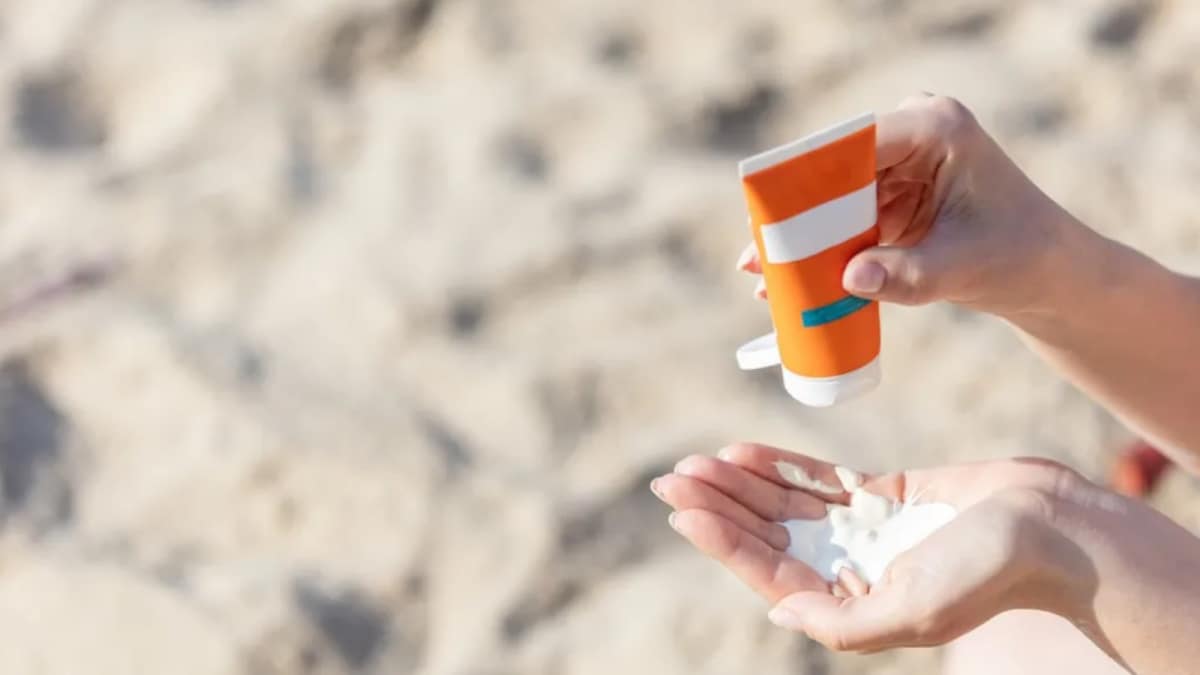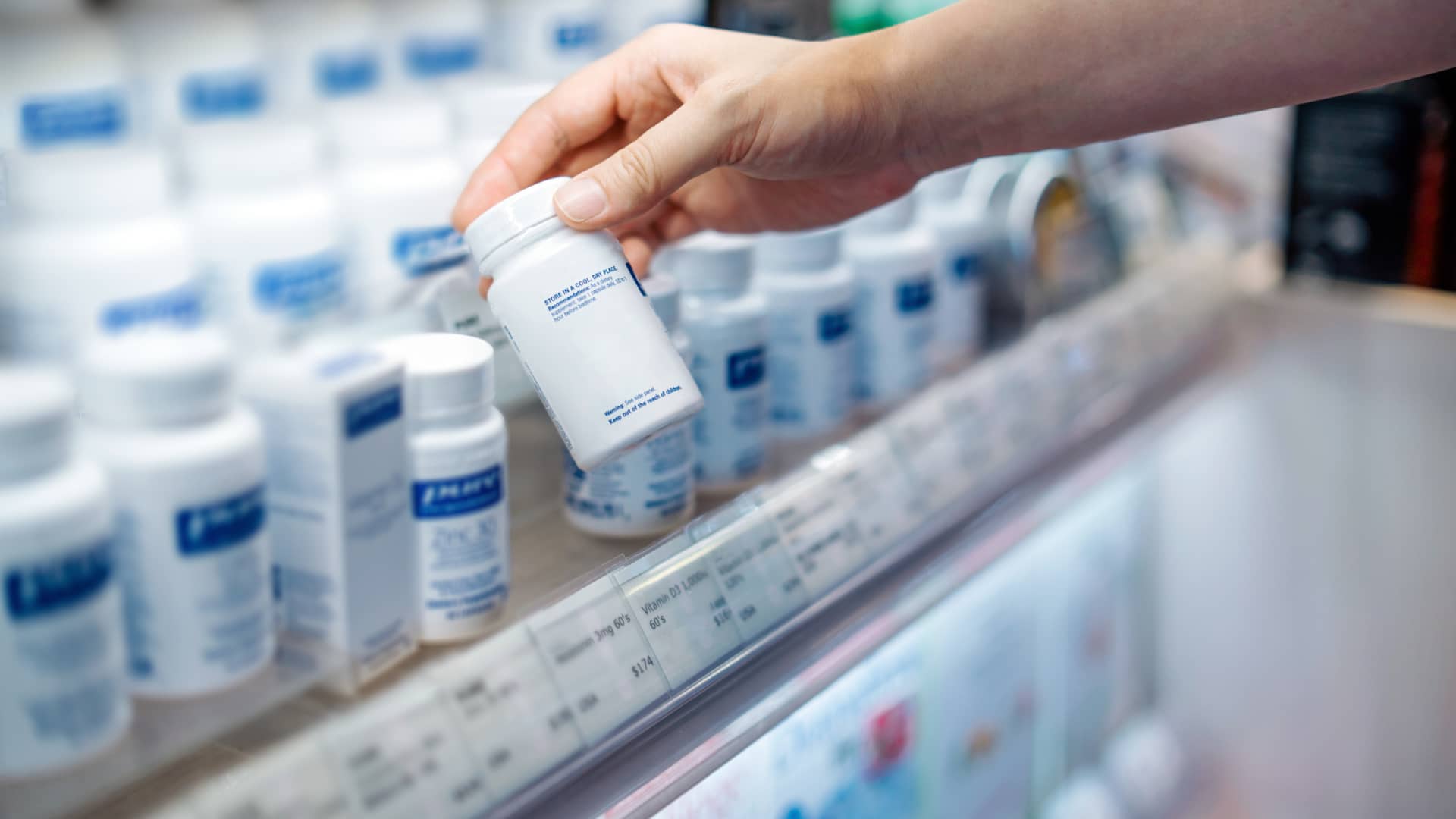Monsoon Skincare Myths Debunked: Why You Still Need Sunscreen (And Moisturizer) When It’s Pouring

Last Updated:July 28, 2025, 07:23 IST
UVA rays typically penetrate deeper into the skin, causing premature aging like wrinkles, fine lines, and pigmentation, and they also play a role in skin cancer development
UVB rays mainly affect the superficial layers of the skin, causing sunburn and contributing to skin cancers
The sun emits different types of ultraviolet radiation, primarily UVA and UVB rays, both of which can harm your skin in different ways. UVA rays typically penetrate deeper into the skin, causing premature aging like wrinkles, fine lines, and pigmentation, and they also play a role in skin cancer development. These rays are sneaky, they can penetrate through clouds, glass, and even reach your skin on overcast days.
UVB rays mainly affect the superficial layers of the skin, causing sunburn and contributing to skin cancers. While their intensity decreases on cloudy or rainy days, they don’t disappear completely. In fact, almost up to 80% of UV rays can pass through clouds, which means your skin is still getting significant exposure even when you don’t feel the sun.
Dr Akanksha Sanghvi, Dermatologist and Founder, Oprava Aesthetics, shares, “In fact, when clouds scatter sunlight, UVA rays actually disperse more widely, increasing your skin’s exposure to UV radiation. Moreover, the monsoon means high humidity, which makes your skin more vulnerable to free radical damage from UV rays, compounding the effects of acne, aging, and pigmentation.”
In simple terms, sunscreens act like invisible shields on your skin. They either absorb harmful UV rays before they can damage your skin or reflect them away, depending on their ingredients.
There are two main types of sunscreen: Chemical sunscreens and Physical (Mineral) sunscreens.
Chemical sunscreens contain ingredients like Avobenzone, Octocrylene, and Oxybenzone that absorb UV rays and convert them into harmless heat. They’re usually lightweight and feel invisible on the skin.
Physical sunscreens contain Zinc Oxide or Titanium Dioxide. These sit on top of the skin and reflect UV rays like tiny mirrors. They’re ideal for children or individuals with sensitive skin and offer immediate protection after application.
Most modern sunscreens are hybrid, meaning they contain both types of ingredients for better coverage against UVA (aging rays) and UVB (burning rays), and are hence known as broad-spectrum sunscreens.
Without sunscreen, photoaging accelerates, leading to dullness, dark spots, uneven tone, and wrinkles. Pigmentation issues like melasma often worsen during the monsoon due to a combination of UV exposure and humidity. For those prone to acne, the rainy season already makes skin oilier—and with added UV-induced inflammation, breakouts can worsen, often leaving behind post-inflammatory hyperpigmentation.
How to Choose a Good Sunscreen for the Monsoon
Many people dislike using sunscreen during the rainy season because it can feel heavy, greasy, or cause sweating. The good news? Sunscreens have evolved—you can now pick lightweight, non-sticky options that suit the humid climate.
Here’s what to look for:
Broad-Spectrum Protection
Ensure your sunscreen protects against both UVA and UVB rays. Look for labels that say “Broad Spectrum” or mention PA+++ (for UVA) and SPF 40 or higher (for UVB).
Lightweight Formulations
Opt for matte-finish sunscreens. These are non-greasy, water-based, get absorbed quickly, and feel more comfortable in humid weather. Some formulations use micronized powders like titanium dioxide in very fine form to help scatter light, reduce shine, and give a velvety finish.
Gel-Based Sunscreens
Lightweight, non-greasy, and water-like, these are perfect for oily or acne-prone skin. A small percentage of alcohol (like ethanol) is often added to make the sunscreen quick-drying and non-greasy, giving that fresh “water-gel” feel. They absorb quickly and don’t leave a white cast.
Spray Sunscreens
These come in mist form great for quick top-ups and for people who dislike rubbing creams into their skin. They work well for reapplication during the day and are a convenient option for body coverage, especially over large areas.
Stick Sunscreens
Compact and mess-free, these are perfect for carrying in your bag for touch-ups on the go, especially over makeup or while traveling. Stick sunscreens are also available as lip sunscreens or SPF lip balms, formulated with broad-spectrum UV filters like zinc oxide, avobenzone, or octinoxate, along with nourishing ingredients such as shea butter, vitamin E, and natural oils.
Tinted Sunscreens
These combine sun protection with light coverage, doubling as a BB cream. They’re popular for people with pigmentation or uneven skin tone who want both protection and a subtle cosmetic finish.
Non-Comedogenic Products
If you have oily or acne-prone skin, choose sunscreens labeled non-comedogenic, as they won’t clog your pores.
Reapplication Is Key
Even during the monsoon, sunscreen needs reapplication every 2–3 hours—especially if you get wet or sweat a lot.

Swati Chaturvedi, a seasoned media and journalism aficionado with over 10 years of expertise, is not just a storyteller; she’s a weaver of wit and wisdom in the digital landscape. As a key figure in News18 Engl…Read More
Swati Chaturvedi, a seasoned media and journalism aficionado with over 10 years of expertise, is not just a storyteller; she’s a weaver of wit and wisdom in the digital landscape. As a key figure in News18 Engl… Read More
view comments
- First Published:
[title_words_as_hashtags




